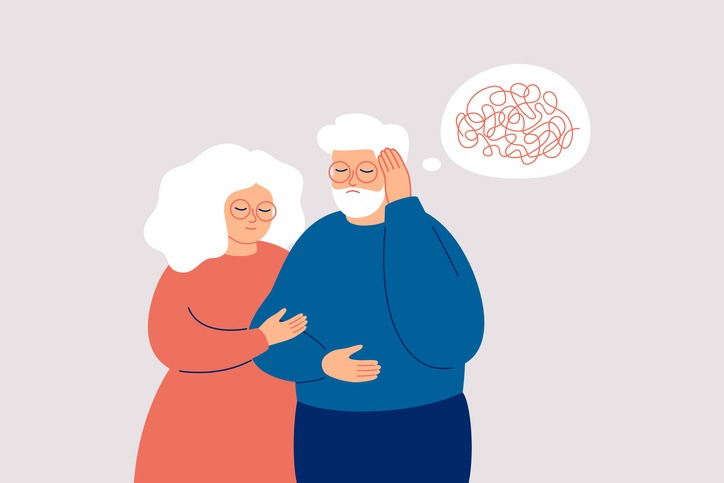
As the new dementia diagnosis drive pilot schemes are launched, what impact might they have on diagnosis and treatment across the UK?
The NHS Long Term Plan is committed to offering better support for people with dementia through support in the community, enhanced community multi-disciplinary teams and greater personalised care. As part of this commitment NHS England has invested £900,000 to launch local dementia diagnosis drive pilot schemes across the UK.
Dementia diagnosis drives
The NHS has launched 14 pilot schemes, two for each UK county, which were rolled out at the start of the year. GPs local to the schemes will share a list of care home residents without a dementia diagnosis, and care home residents will be proactively assessed for the condition by specialist nurses and other healthcare professionals. Staff involved in the pilot will check with the care home to see if those listed have memory problems, and residents who are indicated as at risk of dementia will be offered be a full, face-to-face, assessment. The programme aims to increase the number of dementia diagnoses across the UK and help the NHS to better support care home staff as they manage patient conditions.
Existing strategies
There is currently no cure for dementia, but there are medicines and other treatments that can help with its symptoms.
- Acetylcholinesterase inhibitors, such as Donzepil (also known as Aricept), rivastigmine (Exelon) and galantamine (Reminyl): this breaks down a substance called acetylcholine in the brain, which helps nerve cells communicate with each other.
- Memantine: this is given to those who cannot take, or are unable to tolerate, acetylcholinesterase inhibitors. It works by blocking the effects of an excessive amount of a chemical in the brain called glutamate.
- Risperidone or haloperidol: this can be prescribed for those showing persistent aggression or extreme distress.
Whilst medicines for dementia symptoms are important, they are only one part of the care on offer for those with the disease. Other treatments, activities and support are just as important in helping people to live well with dementia. Alternatives to medicines include:
- Cognitive stimulation therapy: taking part in group activities and exercises can improve the patient’s memory, problem-solving skills and language ability.
- Cognitive rehabilitation: this involves working with a trained professional, such as an occupational therapist, and a relative or friend to achieve a personal goal, such as learning to use a mobile ‘phone or other everyday tasks. This can get the patient to use the parts of their brain that are working well to help the parts that are not.
- Reminiscence and life story work: talking about things and events from the patient’s past can improve mood and wellbeing.



Be the first to comment